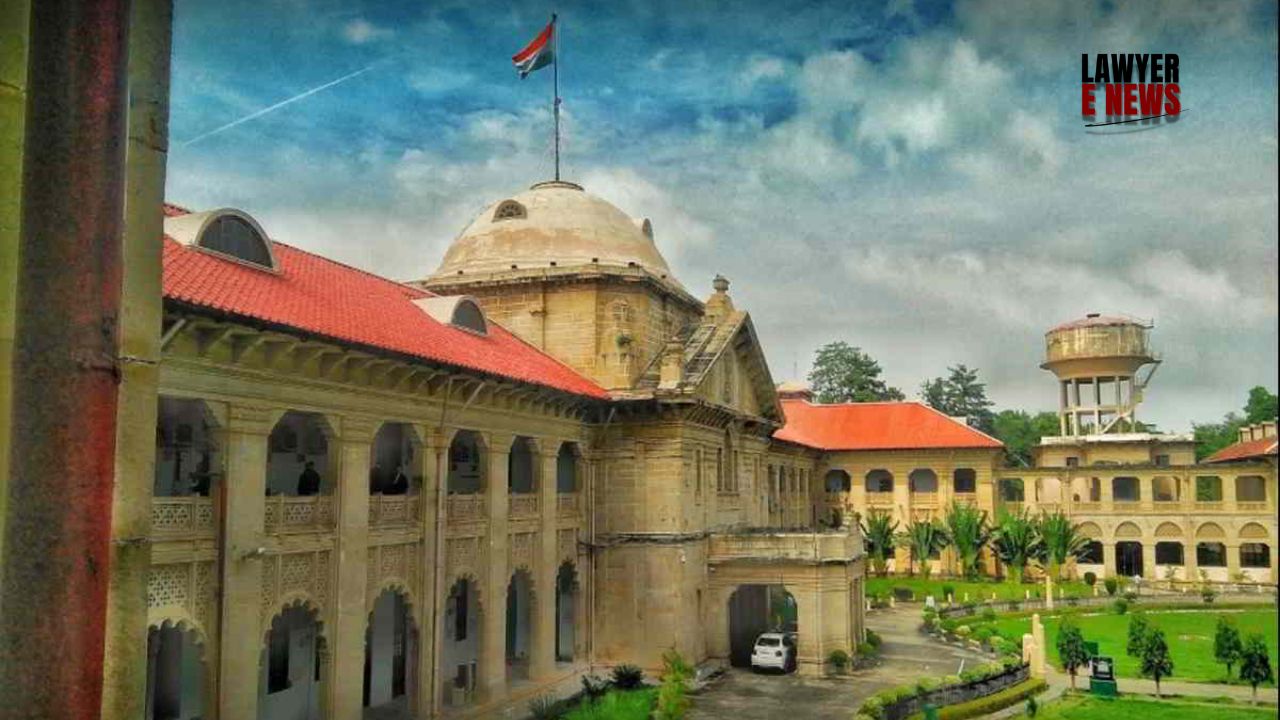-
by sayum
14 February 2026 2:22 PM



High Court mandates the inclusion of medical expertise in disability evaluations, overturning KESCO’s rejection of a valid pension claim. In a significant ruling, the Allahabad High Court set aside the Kanpur Electricity Supply Company’s (KESCO) rejection of a family pension claim by a physically disabled petitioner. The court emphasized the necessity for medical expertise in evaluating disability claims, criticizing the decision by a non-medical committee to deny the pension.
The petitioner, Mohd. Jamil, who is physically disabled and entirely dependent on his parents, sought a family pension after the death of his mother. His father, an ex-employee of KESCO, retired in 1975 and passed away in 2003. The petitioner’s mother, who subsequently received the pension, died in 2013. Jamil applied for the pension shortly thereafter, supported by a medical certificate from the Chief Medical Officer of Kanpur Nagar confirming a 60% physical disability.
The court found that the petitioner had furnished a valid disability certificate from a competent medical authority, which should have been conclusive evidence of his eligibility for the pension. The court noted, “The committee constituted to evaluate the petitioner’s claim lacked any members with medical expertise, thereby rendering their assessment fundamentally flawed.”
The decision to reject the pension was based on the petitioner’s past operation of a Public Call Office (PCO), which the committee interpreted as evidence of his ability to earn a livelihood. The court highlighted that this interpretation was invalid as it did not consider the medical aspects of the petitioner’s disability. “A person’s past ability to engage in some form of livelihood does not negate the presence of a qualifying disability,” the court stated.
Justice Ajit Kumar emphasized that disability assessments for pension purposes must be conducted by qualified medical professionals. The court observed, “A medical certificate issued by the Chief Medical Officer can only be contested by a similarly or more qualified medical board, not by administrative personnel without medical training.” The court also found that the non-medical committee’s conclusion was not supported by any counter-evidence or a second medical opinion.
Justice Kumar remarked, “The certificate issued by the Chief Medical Officer certifying the petitioner’s 60% disability due to polio must be respected unless contested by a medical board with appropriate expertise.” The judgment criticized the respondent’s failure to adhere to these principles, stating, “The committee’s rejection of the pension claim was clearly unsustainable and lacked a basis in the relevant medical and legal standards.”
The Allahabad High Court’s decision underscores the judiciary’s commitment to ensuring that disability pensions are adjudicated based on proper medical assessments. The ruling mandates KESCO to grant the family pension to the petitioner within a month, setting a precedent for the proper handling of similar cases. This judgment reinforces the legal framework that protects the rights of disabled individuals to receive due benefits without unwarranted administrative obstruction.
Date of Decision: July 9, 2024
Mohd. Jamil vs. Managing Director Kanpur Electricity Supply Company (KESCO) and Others
